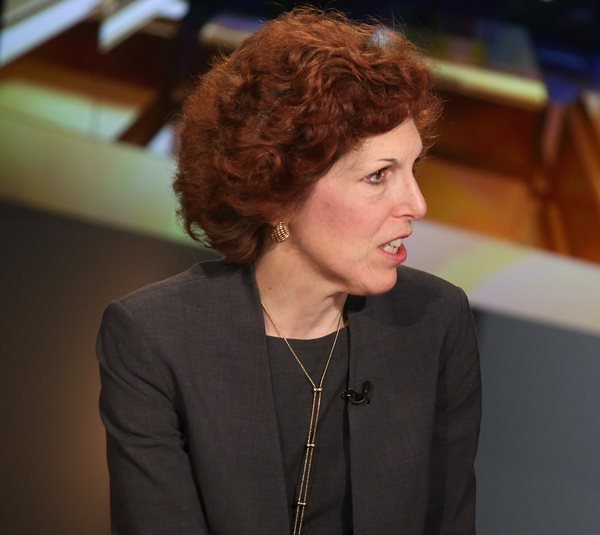[ad_1]
Federal Reserve policy explanations would be greatly enhanced by comprehensive analysis of economic evolution, the likely outcome, and looming risks, suggested Cleveland Fed President, Loretta Mester, on Tuesday. Simplifying such grave matters is viewed by many as a virtue, but it does have potential to be counterproductive considering the nature of policy decisions, which inherently takes place in an unpredictable world. These policies have to contend with the relentless onslaught of unforeseen shocks potentially causing the economic landscape to behave unpredictably, she elaborated at a conference set up by the Bank of Japan in Tokyo. Due to such abridged decisions, every word becomes highly consequential.
Over the years, Fed policy details have seen a noticeable reduction under the stewardship of Chair Jerome Powell. Mester, who is due to retire next month, offered criticism on this approach, comparing its rigidity to the Eagles’ 1970s chart-topping track, “Hotel California”. She humorously suggests that once the words have ‘checked in’, they exhibit reluctance to ‘check out’ even when change is required.
According to Mester, a more optimal narrative would empower policy makers to comprehensively outline the assessment of economic climate, its impact on future prognosis, and any potential risks.
Mester also advocates the inclusion of an “anonymized matrix” showcasing economic trends and policy predictions in tandem with the Summary of Economic Projections (SEP) published quarterly. Such a matrix would allow market participants to witness the correlation between the economic outlook of a participant and his viewpoint of the corresponding suitable monetary policy. Currently, the SEP variables don’t clearly establish their strategic affiliations with participating market players, hence providing median paths that don’t necessarily embody a well-founded forecast.
Mester shared her ideas, cheekily named “use your words” and “connect the dots”, ahead of an upcoming monetary policy framework review. Powell has stated that the review will likely commence later this year and probably continue until 2025. Mester is of the opinion that a strategic discourse along the lines of the review’s bailout is in the offing.
[ad_2]









